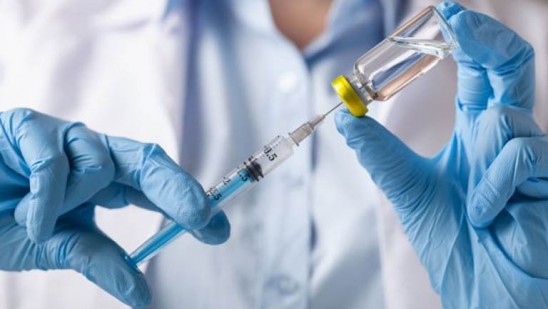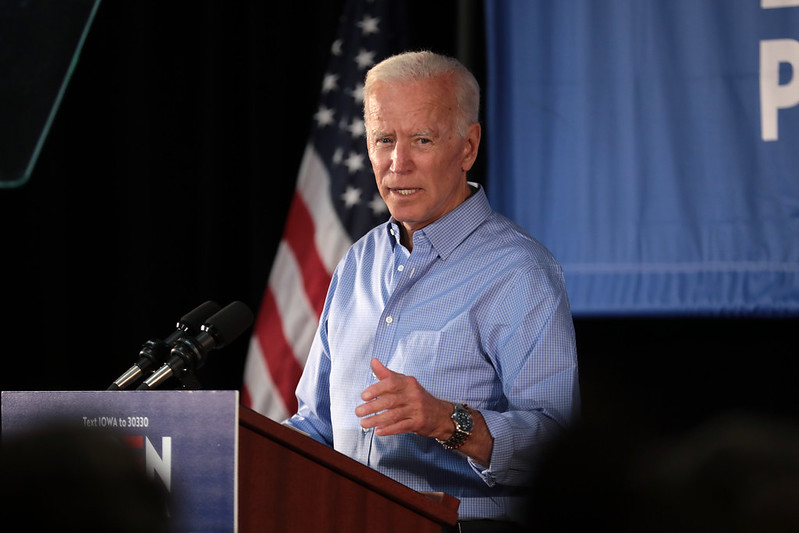
The annualized rate for the growth of the Gross Domestic Product (GDP) reached a record of 33.1% during July, August, and September. The historic growth came immediately after one of the worst slumps in history, the second quarter’s annualized shrinkage of 33.4%.
The see-saw like behavior of the US economy can be accounted for by the ravages of the coronavirus pandemic, which forced a lockdown during the second quarter which shuttered many businesses, causing widespread job loss and business closures. In June stay-at-home orders lifted and the economy began to re-open, accounting for the rapid rebound of the economy in Q3.
Yet, even such a strong rebound has not resulted in a full recovery, which some analysts believe could take years, especially since the rate of GDP growth is expected to significantly slow down during Q4 of 2020.
Much of the growth is attributed to money set loose into the economy via the CARES Act, which distributed $2.2 trillion to every eligible American.
“Not only was the US economy enjoying the immediate bounce as a result of economic re-openings, but it was basking in significant fiscal stimulus support schemes,” said Seema Shah, the chief strategist at Principal Global Investors. “Now, the path forward will inevitably be an uphill struggle.”


